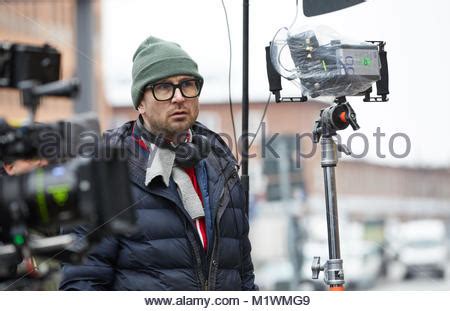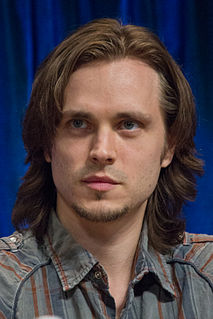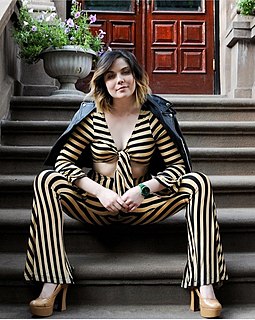A Quote by Yann Martel
Cinema is visually powerful, it is a complete experience, reaches a different audience. It's something I really like. I like movies.
Related Quotes
I'm not a huge fan of 3-D, though. Honestly, I think that movies are an immersive experience and an audience experience. There's nothing like seeing a film with 500 people in a theater. And there's something about putting on 3-D glasses that makes it a very singular experience for me. Suddenly I'm not connected to the audience anymore.
I seem to wonder if we can reach some kind of new destination with cinema, or touch upon human existence in a different way to what cinema usually does in its very schematic and sometimes very controlled, plot-oriented ways of thinking. Sometimes I feel like I've found the holy grail, and next week I think it's a complete mistake and I need to try something completely different. It's an ongoing process.
It's basically how I choose movie roles. Would I like to see this movie? Is this movie important? Why would I do this? And Headhunters is a movie that I would like to see in the cinema. And when it's sold to 50 countries or whatever, for me it's a great deal. I make movies for an audience so if that audience grows, I feel really honoured and thankful for it.
I like films, I like movies, I like playing different characters and working with different actors, and filming in different places. I like movies, because it's kind of a combination of every art, it's like it's picture, it's story, it's music, it's kind of like a clash and a collide of every art. It's really neat.
Yeah... I like films, I like movies, I like playing different characters and working with different actors and filming in different places. I like movies because it's kind of a combination of every art: it's like, it's picture, it's story, it's music, it's kind of like a clash and a collide of every art. It's really neat.
There's something I really like about network TV. You have this humongous audience, tens of millions of people, and you really can be in a little hut in Thailand; you really can be in the middle of an apartment in Dubai. There's something about public entertainment that I always liked. I like smaller movies, and I like public entertainment.
In the vast majority of movies, everything is done for the audience. We are cued to laugh or cry, be frightened or relieved; Hitchcock called the movies a machine for causing emotions in the audience. Bresson (and Ozu) take a different approach. They regard, and ask us to regard along with them, and to arrive at conclusions about their characters that are our own. This is the cinema of empathy.

































